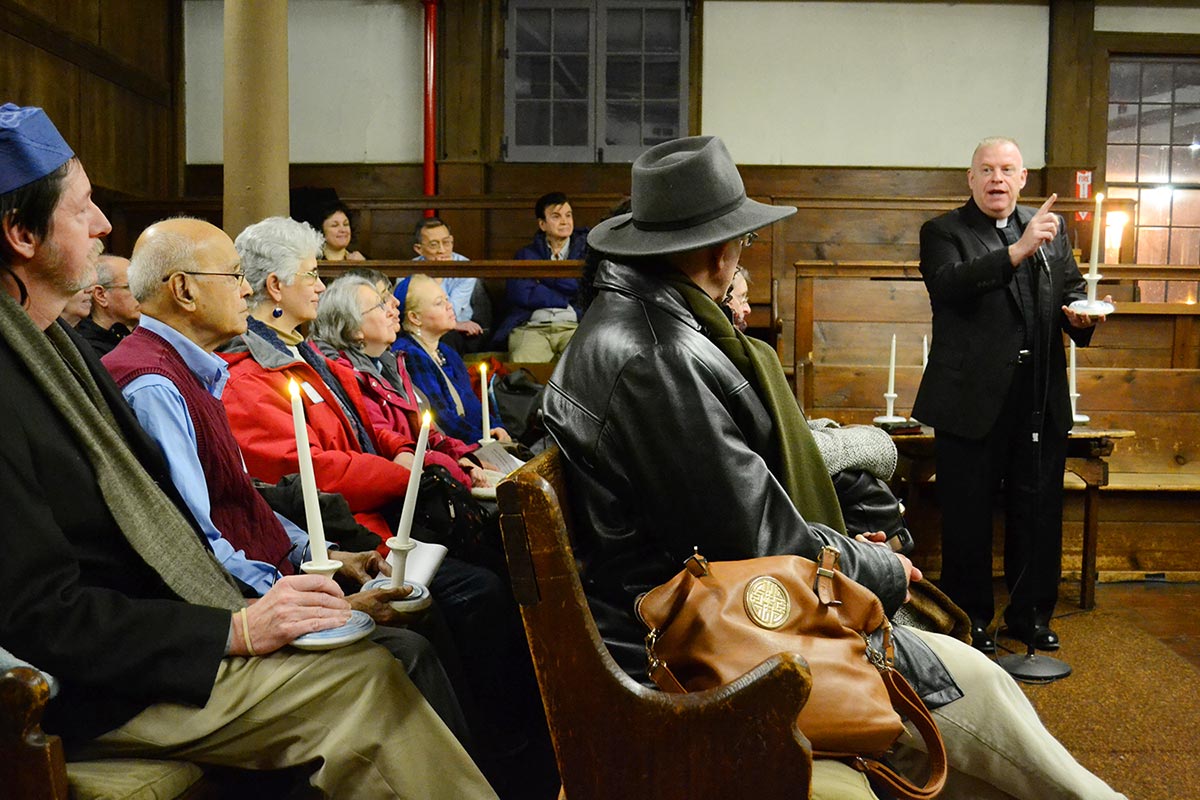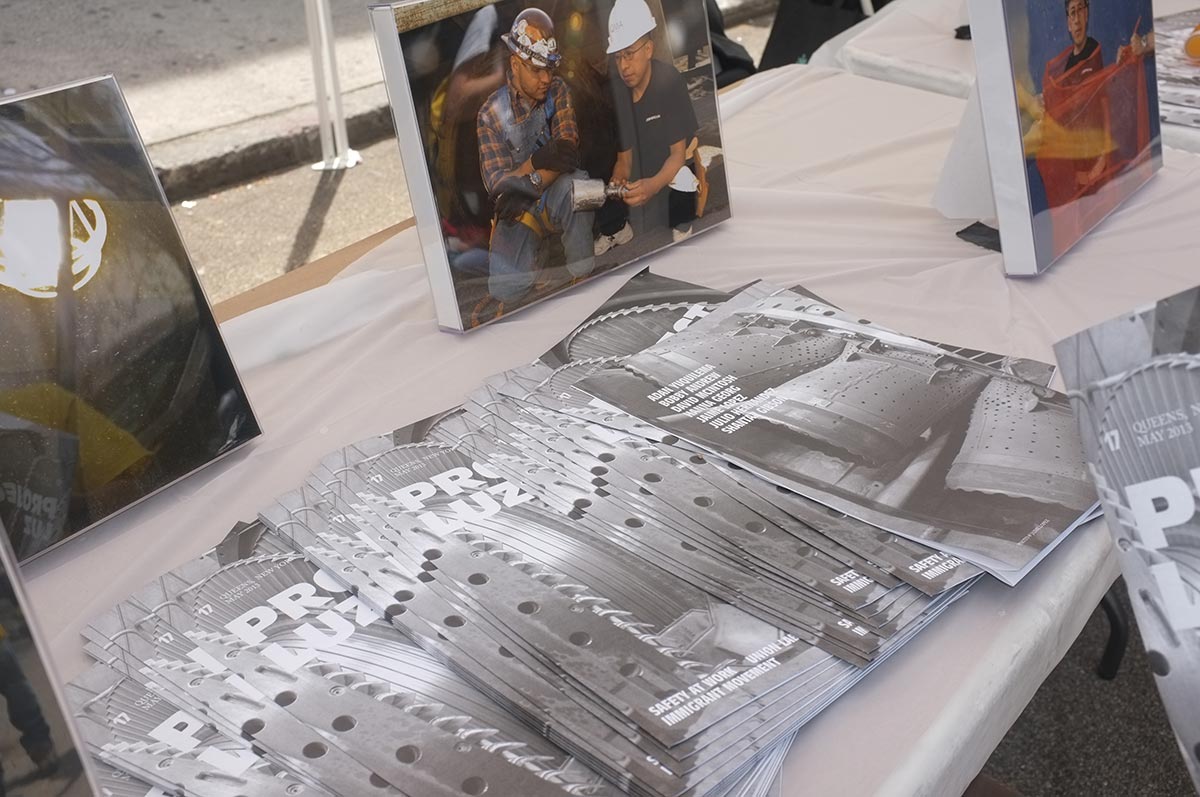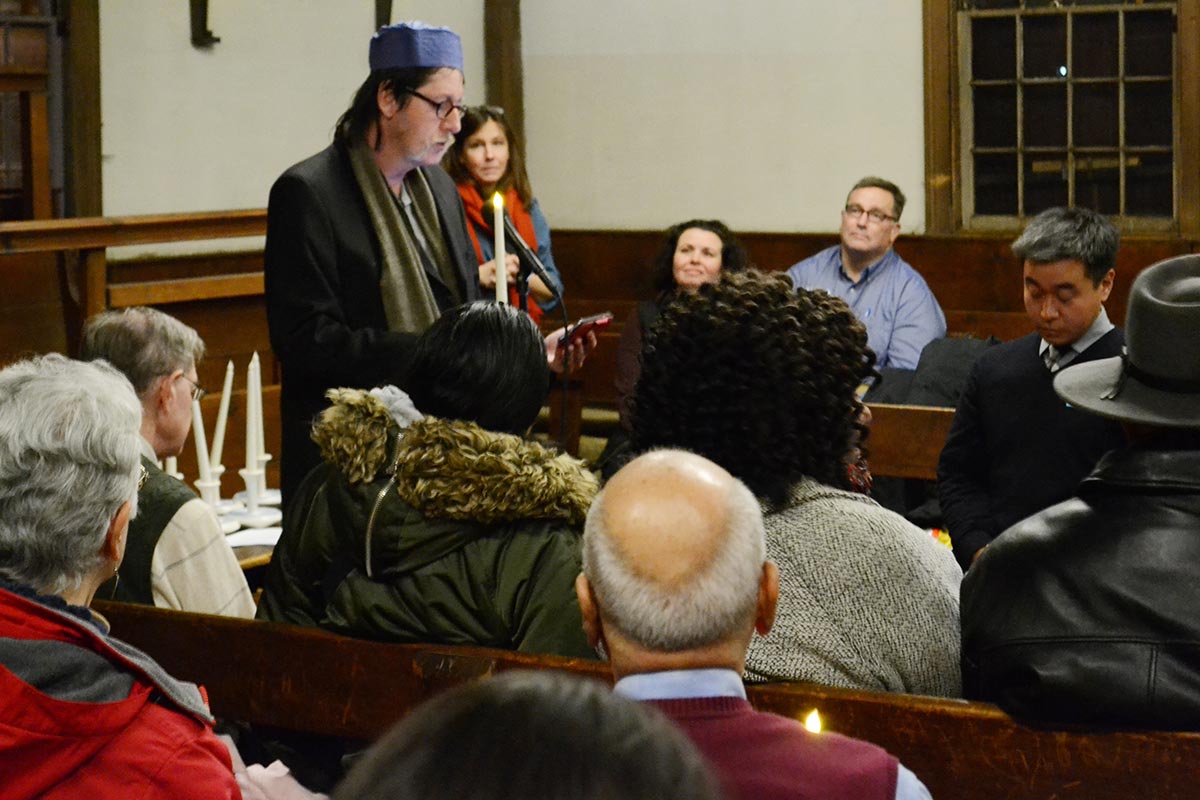
A burgeoning program hosted by Queens College and the Queens Museum is embracing the potential of mixing art and activism. Launched in2012 by professors Gregory Sholette and Maureen Conner, Social Practice Queens is one of the country’s first programs to offer an MFA and advanced certificate in the artistic medium of social practice.
The term “social practice” emerged in the aughts, though it has roots in long-established disciplines such as painting, photography, journalism, and civic engagement pedagogy. As Chloe Bass, assistant professor at SPQ, said in a recent interview, “art activism is something that has always existed—but right now, it is having a moment.” At its core is a simple idea, as she succinctly put it: “Social practice is the intersection of art and social engagement.”

By its nature, the medium is open to unique possibilities. Sol Aramendi, a member of the program’s inaugural graduating class of 2014, received the prestigious Blade of Grass Fellowship to continue developing JORNALER@, an app she began at SPQ that helps day laborers track details about their work to combat wage theft and other violations. She is also the founder of Project Luz, a collaborative photography work that encourages Spanish-speaking immigrants in New York to use a camera to tell their stories.
Because social engagement is integral to the program, its location often plays an important part in student work. “We named the program Social Practice Queens for a reason. We do try to emphasize working within the Queens community,” Chloe said.
On January 30, that philosophy was put into action: Three days after President Trump signed his executive order on immigration, two SPQ students, Gina Minielli Gunkel and Nancy Bruno, brought together members of Buddhist, Christian, Hindu, Jewish, Muslim, and Sikh faiths from the Flushing neighborhood at Old Quaker Meeting House to celebrate religious diversity and freedom, as part of their Beacon of Pluralismproject. “I grew up in Flushing,” said Gina in an interview with QNS.com after the event. “We are on the ground of religious freedom; it was born here. And every person from Flushing, or [who] lives in Flushing or walks through Flushing should know that. It is never more important than it is right now, today.”

The Vilcek Foundation’s grant to SPQ will help fund the development of new projects like Sol’s and Gina and Nancy’s, as well provide funding for scholarships to ensure the program is as diverse as the neighborhoods it takes place in. “We have had students from Iran, Korea, Kenya, and Ethiopia,” Chloe said, “and the grant will help support the program having an even more globally diverse student body.”
To learn more about SPQ and stay up to date on its events, you can check out its website or join its Facebook group. The program and its students regularly host lectures, exhibitions, and community art pieces and encourage public participation. When asked if there was anything she wanted people to know, Chloe responded, “I want people to understand that while this program is housed in an academic institution, we, as a program, view ourselves as public program.”